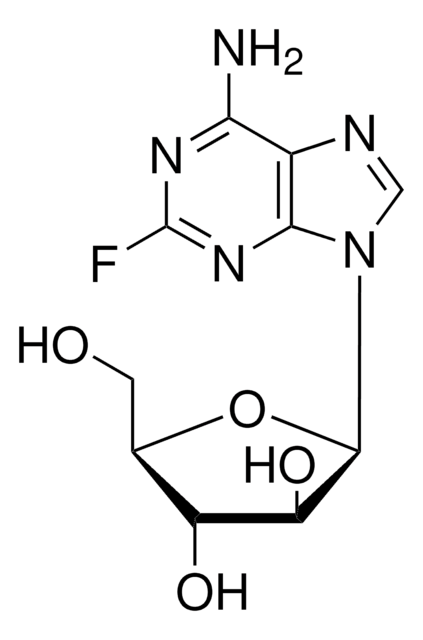SML3070
PSEM89S Hydrochloride salt
≥98% (HPLC)
Synonym(s):
(S)-2,5-Dimethoxy-N-(quinuclidin-3-yl)benzamide, Hydrochloride salt, N-(3S)-1-Azabicyclo[2.2.2]oct-3-yl-2,5-dimethoxybenzamide Hydrochloride salt, PSEM 89S Hydrochloride salt, PSEM-89S Hydrochloride salt
About This Item
Recommended Products
Quality Level
Assay
≥98% (HPLC)
form
powder
storage condition
desiccated
color
white to beige
solubility
DMSO: 2 mg/mL, clear
storage temp.
2-8°C
SMILES string
O=C(N[C@@H]1CN2CCC1CC2)C3=C(C=CC(OC)=C3)OC.Cl
InChI
1S/C16H22N2O3.ClH/c1-20-12-3-4-15(21-2)13(9-12)16(19)17-14-10-18-7-5-11(14)6-8-18;/h3-4,9,11,14H,5-8,10H2,1-2H3,(H,17,19);1H/t14-;/m1./s1
InChI key
OHMFVSNTNXNVRE-PFEQFJNWSA-N
Biochem/physiol Actions
Storage Class Code
11 - Combustible Solids
WGK
WGK 3
Flash Point(F)
Not applicable
Flash Point(C)
Not applicable
Choose from one of the most recent versions:
Certificates of Analysis (COA)
Sorry, we don't have COAs for this product available online at this time.
If you need assistance, please contact Customer Support.
Already Own This Product?
Find documentation for the products that you have recently purchased in the Document Library.
Our team of scientists has experience in all areas of research including Life Science, Material Science, Chemical Synthesis, Chromatography, Analytical and many others.
Contact Technical Service






